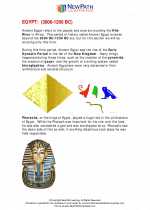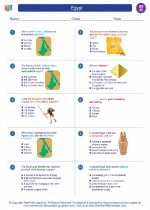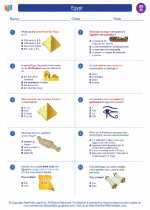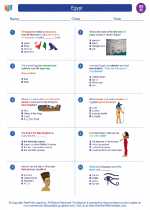Joseph Stalin
Joseph Stalin was the leader of the Soviet Union from the mid-1920s until his death in 1953. He was a key figure in the Bolshevik Revolution of 1917 and played a major role in the establishment of the Soviet Union as a world power.
Early Life
Stalin was born in Georgia in 1878 and grew up in a poor family. His early life was marked by hardship, and he became involved in revolutionary activities in his youth. He adopted the name "Stalin," which means "man of steel," as a symbol of his determination and strength.
Rise to Power
After the death of Vladimir Lenin in 1924, Stalin emerged as the leader of the Soviet Union, outmaneuvering his rivals through political cunning and ruthless tactics. He consolidated his power through purges and the elimination of potential opposition, becoming the undisputed leader of the Soviet state.
Policies and Impact
Stalin implemented policies of rapid industrialization and collectivization of agriculture, which transformed the Soviet Union into a major industrial power but also led to widespread hardship and suffering. His rule was characterized by a cult of personality, widespread repression, and the establishment of a totalitarian state.
Study Guide
- What was Joseph Stalin's original name?
- What were Stalin's key roles in the Bolshevik Revolution?
- How did Stalin consolidate his power as the leader of the Soviet Union?
- What were the main policies implemented by Stalin, and what impact did they have?
- What were some of the key characteristics of Stalin's rule?
Use this study guide to review and test your knowledge about Joseph Stalin and his impact on the Soviet Union. Good luck!




